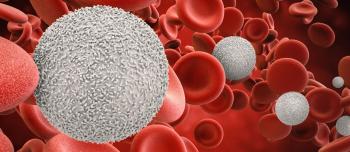In an April 2010 study, researchers at the Mayo Clinic examined health-related quality of life (HRQoL) and satisfaction of women with bleeding disorders who had undergone global endometrial ablation (GEA) for excessive menstrual bleeding. The lead investigator of the study was Sherif A. El-Nashar, MBBCh, Department of Obstetrics and Gynecology, Mayo Clinic, Rochester, MN.
El-Nashar and his colleagues surveyed 36 women with bleeding disorders and 110 patients without, all of whom had undergone GEA for heavy menstrual bleeding, or menorrhagia. During the procedure, the uterine lining is destroyed, leaving the uterus intact. Once scar tissue forms, the menstrual flow decreases as does pain. In all, 96 women responded (66%).
Results showed an improved HRQoL and that high satisfaction was reported by both groups (95% for women with bleeding disorders and 84% for those without). “The current report provides additional supportive data about the long-term, patient-0reported outcome after GEA. For women with bleeding disorders, GEA improved HRQoL and resulted in high satisfaction rates. The best available evidence supports the use of GEA as a minimally invasive, safe and effective therapeutic option for women with acquired or congenital bleeding disorders who have acute or chronic menorrhagia,” concluded the authors.
The study, “Health-Related Quality of Life and Patient Satisfaction After Global Endometrial Ablation for Menorrhagia in Women with Bleeding Disorders: A Follow-up Survey and Systematic Review,” was published in the April 2010 issue of the American Journal of Obstetrics & Gynecology.
Source: HealthDay News, May 5, 2010





